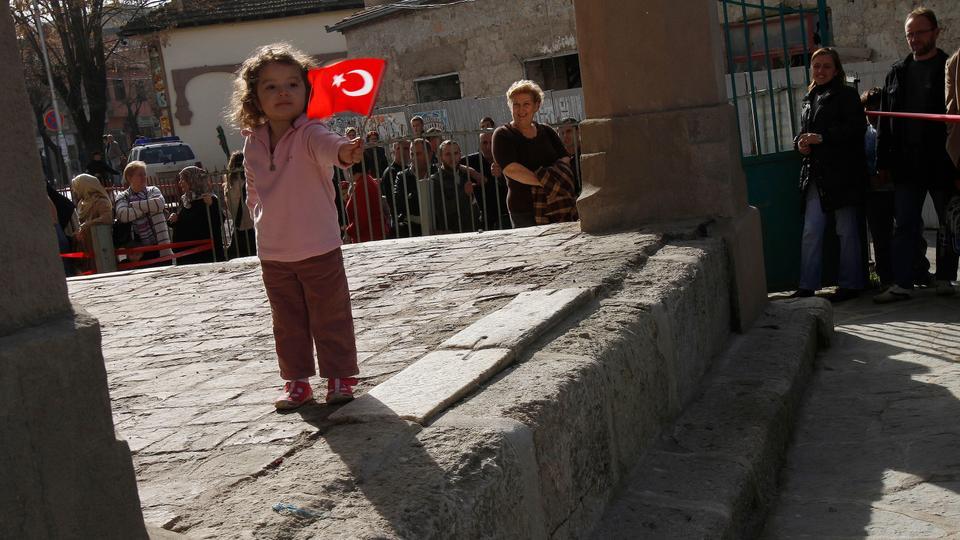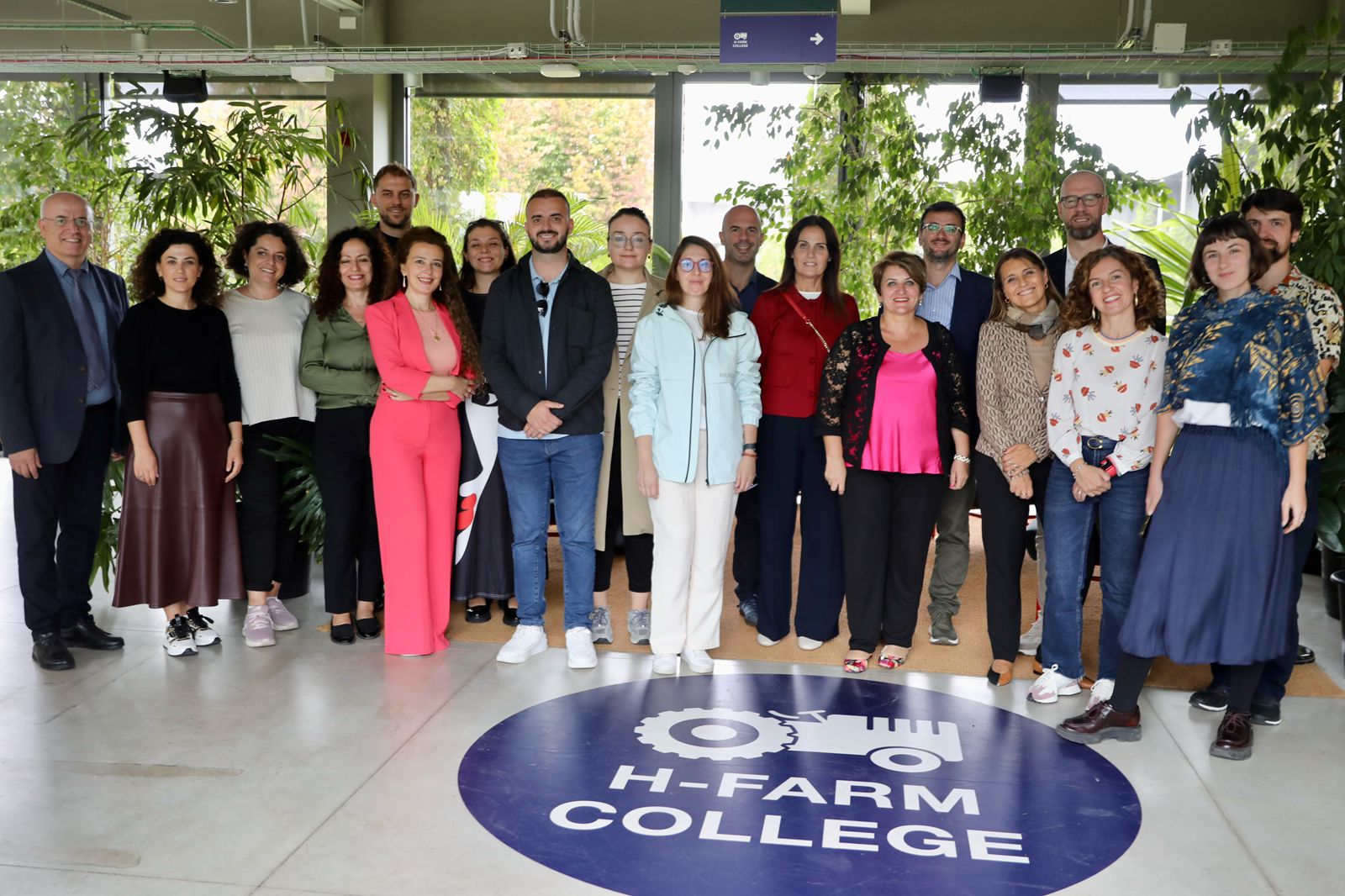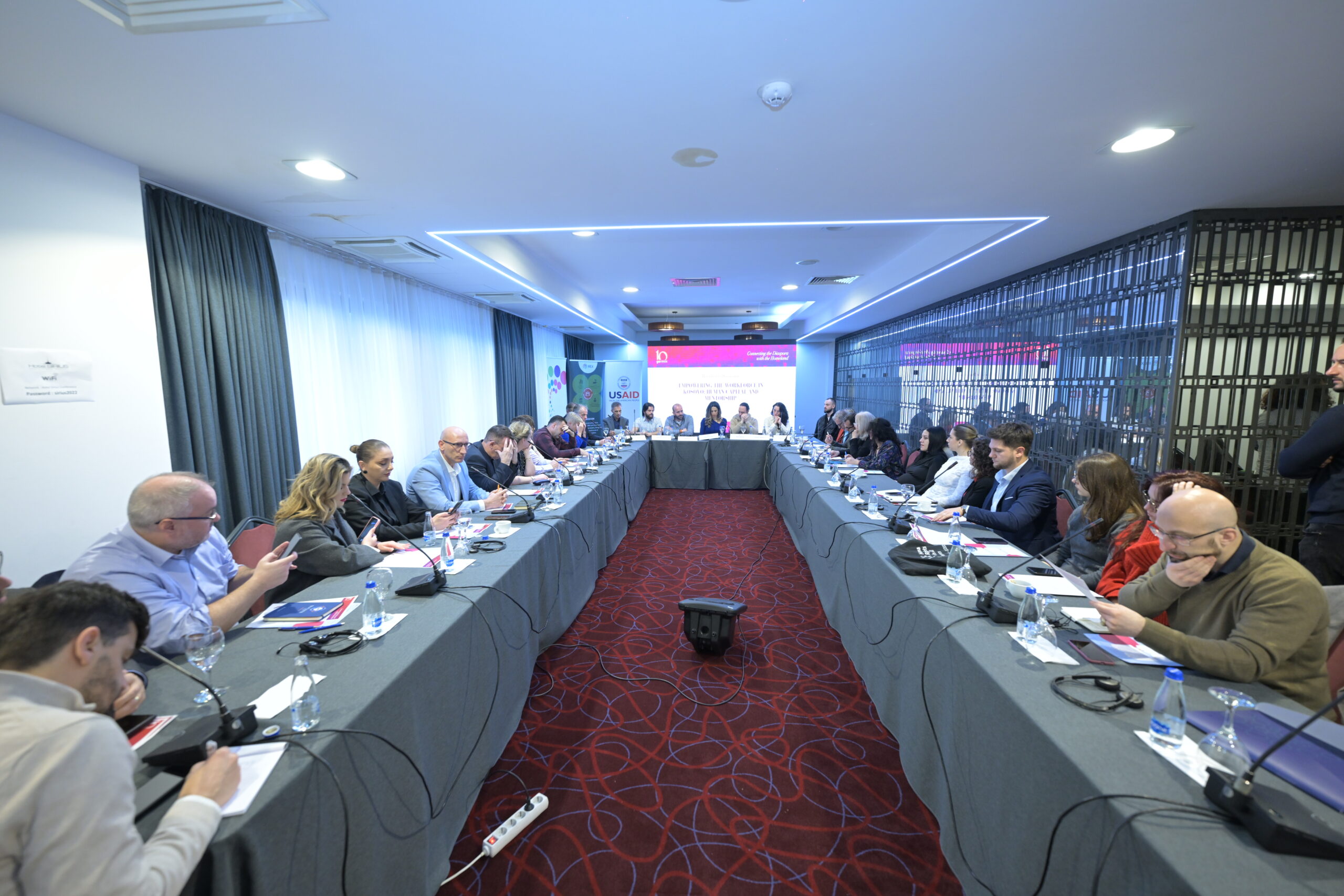Public broadcaster in Turkey, TRT, published an article last year in November about Albanians living in the eastern part of the country.
According to this article, Albanians living in this part of Turkey are mainly descendants of former Ottoman officials and victims of Serbian rule.
TRT writes that Turkey has historically had various migration flows, also because it is considered a transit route from Europe to the Middle East.
“Anatolia has experienced migration from near and far regions. Arabs, Spaniards, Greeks, Slavs. There were also Albanians.”
According to this article, the largest community of the Albanian Diaspora is in Europe, USA and Turkey.
“Although the exact number is not known, the data say that about one million Turkish citizens of Albanian descent live in Turkey.
“The largest number of Albanians who have migrated to Turkey throughout history, has started from the XVI century to the XX century. The high migration of the Albanian population occurred during the Ottoman period and continued during the 1920s as a result of leaving the persecution of the Yugoslav regime.
“This is one reason why there are Albanians in almost every part of Turkey. The Diaspora is mainly concentrated in western Turkey, but for more than 200 years there have been families of Albanian origin living in the east: especially in Bingöl, Diyarbakır, Doğubayazıt and Hakkari.”
The General Coordinator for the Kosovar Cultural Center in Turkey, Kamil Bitis, has traveled to eastern Turkey, only to find families of Albanian descent. For this reason he wrote a book called “Forgotten Albanians of Turkey” or translated into Albanian “Shqiptarët e Harruar të Turqisë”, which tells the details of the stories of these families.
“Now, almost no Albanian family knows any Albanian word, a language spoken by their ancestors. They mainly speak Turkish and Kurdish. They do not know anything about Albanian history and culture either. They married the women of those cities where their ancestors settled. This has been going on for centuries,” Bitis told TRT.
Bitis interviewed Divane Ozbey, a man of Albanian descent living in Dougubauazit, a Turkish region bordering Iran. During the interview, Ozbey says that he does not know exactly from which Albanian country he comes from.
Divane Ozbey
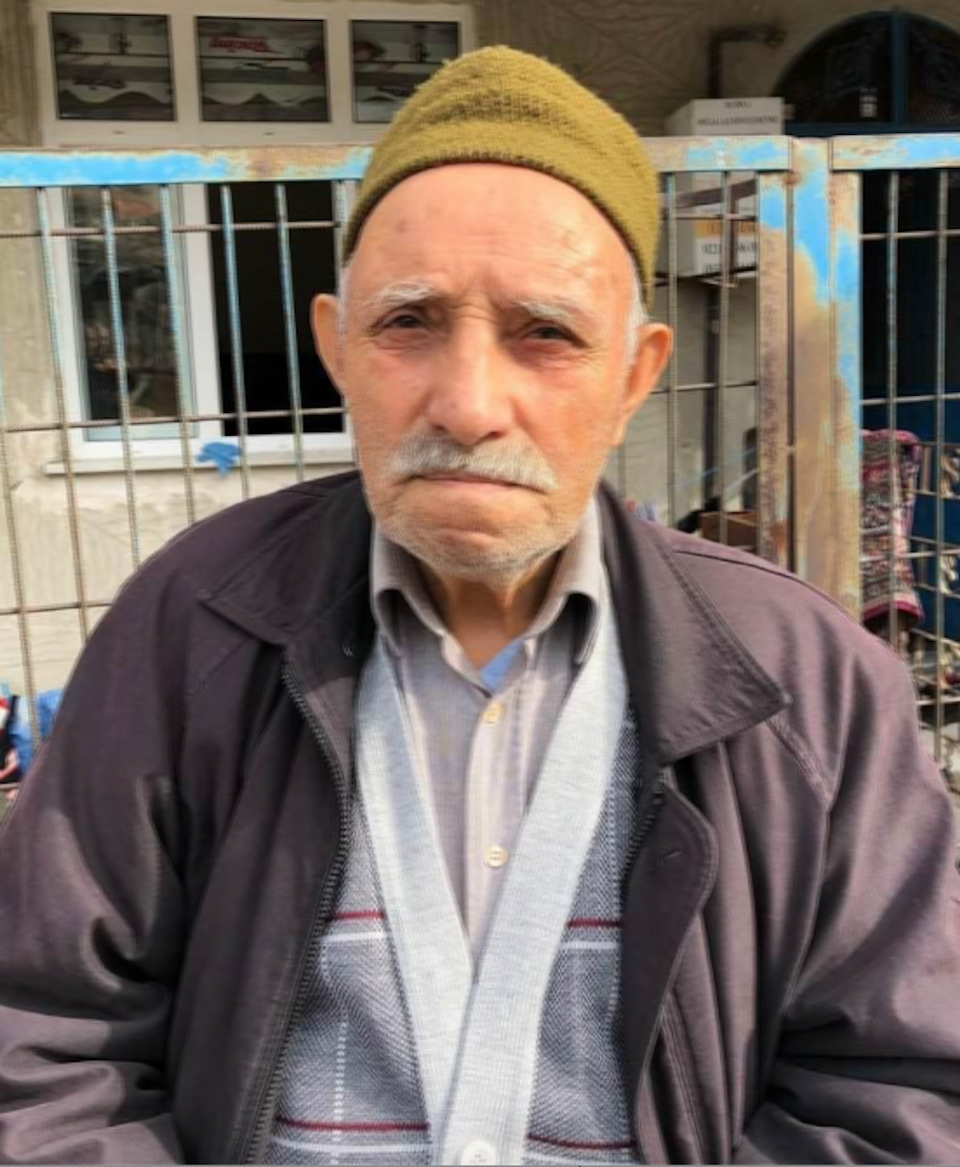
“I am of Albanian origin but I do not know exactly from which Balkan country. I do not know how to speak Albanian but the people of the village where I live know that I am of Albanian descent. My grandparents came to this country almost 200 years ago.”
TRT writes that there are 10 to 15 families of Albanian origin living in Dogubayazit. Due to economic and social challenges, according to TRT, many families from this region, including those of Albanian origin, leave for big cities.
According to local sources, a large number of the population of Albanian descent live in Bingol.
TRT writes that due to the adaptation, this group of Albanian origin now identifies with the Kurds and speaks both languages: Turkish and Kurdish.
These families are originally from Peja and left Kosovo during the Ottoman period.
“It is interesting, the strong emotional connection they have with the country of their ancestors, although they know very little about their Albanian origin. They are emotionally connected to Turkey, but if you ask them about their origins, they say they are Albanians, despite not knowing the language or political developments,” the article reads.
Mustafa Ugur Gonulal, is another person of Albanian descent living in the city of Mataya. His grandfather was from Ferizaj and left Kosovo to escape Serbian persecution.
“With the help of the Turkish state that provided him with a job and shelter, he came to Malatya in 1934. At first he was not accepted by the locals, as he did not speak any language other than Albanian. “He did not marry a local woman, but in 1941, he married another Albanian woman named Hanife”, says Gongulal for TRT.
Mustafa Ugur Gonulal
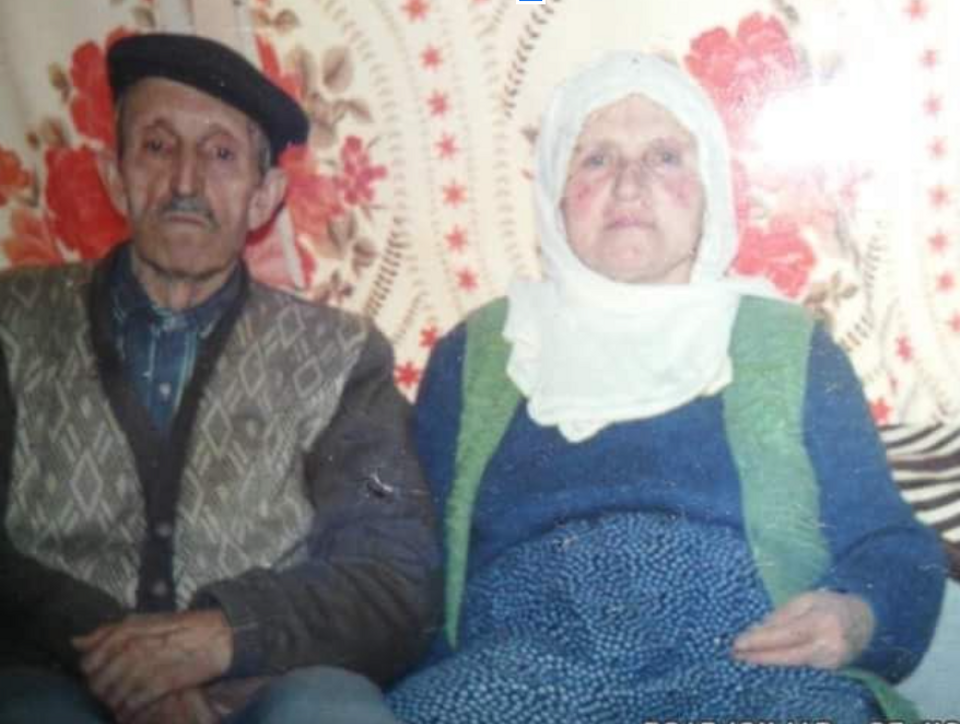
Another family of Albanian descent lives in Elazig, a city in eastern Turkey. TRT writes that this family emigrated in the 1920s. Now, they identify as Turks and do not speak Albanian.
